Best Cervical Pain Treatment in Gurugram

Cervical pain (neck pain) can make daily activities like turning your head, working on a computer, or even sleeping uncomfortable and challenging. It may be caused by poor posture, muscle strain, cervical spondylosis, nerve compression, or injuries. If left untreated, cervical pain can lead to chronic stiffness, reduced neck mobility, headaches, and radiating pain to the shoulders or arms.
At Painflame, we provide specialized cervical pain treatment in Gurugram using chiropractic care, physiotherapy, manual therapy, and posture correction techniques. Our goal is to relieve pain, restore neck function, and prevent long-term discomfort without relying on painkillers.
We treat conditions like cervical spondylosis, herniated discs, muscle tension, nerve compression, and posture-related neck pain with advanced, evidence-based techniques. Instead of temporary symptom relief, our non-surgical therapies promote natural healing, strengthen neck muscles, and improve spinal alignment for lasting relief.
If you suffer from persistent neck pain, stiffness, or restricted movement, visit our cervical pain specialists in Gurugram for a personalized treatment plan. Start your journey toward a pain-free, active life today!
What Causes Cervical Pain?
Poor Posture & Forward Head Syndrome
Long hours of screen use and incorrect posture lead to excessive stress on the neck, causing muscle tightness, stiffness, and pain. Forward head posture also increases pressure on the cervical spine, leading to chronic discomfort.
Cervical Spondylosis & Disc Degeneration
Age-related wear and tear on the cervical spine causes disc degeneration, joint stiffness, and bone spur formation. This results in chronic neck pain, restricted movement, and nerve irritation.
Muscle Strain & Tension
Overuse of neck muscles, stress, or sudden movements can cause muscle tightness, spasms, and pain. Poor sleeping positions and carrying heavy loads can also contribute to chronic muscle strain.
Nerve Compression & Herniated Disc
A bulging or herniated cervical disc can compress spinal nerves, leading to radiating pain, numbness, and tingling sensations in the arms, shoulders, and upper back.
Signs You Need Cervical Pain Treatment
Persistent Neck Pain
If neck pain lasts more than two weeks and worsens with movement or rest, it may indicate disc problems, nerve compression, or chronic muscle tension.
Limited Neck Mobility & Stiffness
Difficulty turning your head, stiffness after waking up, or pain during movement can signal cervical spondylosis, posture issues, or muscle tightness.
Pain Radiating to Shoulders & Arms
Tingling, numbness, or sharp pain extending from the neck to the arms may indicate a pinched nerve, cervical radiculopathy, or disc-related issues.
Frequent Headaches & Dizziness
Neck tension can lead to cervicogenic headaches, dizziness, or migraines, affecting daily activities and overall well-being.


Non-Surgical Solutions for Cervical Pain Relief
Physiotherapy & Strength Training
Physiotherapy enhances neck mobility, muscle strength, and posture alignment through targeted exercises and spinal stabilization techniques. It helps relieve chronic stiffness, muscle imbalances, and joint strain.
Chiropractic Adjustments & Spinal Alignment
Chiropractic care focuses on realigning the cervical spine, reducing nerve compression, and improving posture. It is effective for treating cervical spondylosis, disc herniation, and forward head posture.
Manual Therapy & Myofascial Release
Techniques like deep tissue massage, trigger point therapy, and myofascial release help relieve muscle tension, inflammation, and chronic neck pain by improving blood flow and reducing muscular tightness.
Posture Correction & Ergonomic Training
Improper posture during work or daily activities strains the cervical spine and contributes to chronic pain. Postural training, ergonomic adjustments, and movement corrections can significantly improve neck health and long-term comfort.
Strengthening & Preventing Future Neck Issues
Maintaining proper neck posture, strong muscles, and spinal alignment is key to preventing chronic neck pain, stiffness, and injuries. Weak neck muscles, poor sleeping positions, and prolonged screen time increase the risk of cervical problems. Strengthening exercises, mobility drills, and posture correction can prevent future cervical pain and enhance spinal health.
Strengthening Neck & Shoulder Muscles
Building strong neck, upper back, and shoulder muscles improves spinal support and reduces tension. Exercises like neck retractions, chin tucks, and resistance training help stabilize the cervical spine and prevent pain.
Improving Neck Mobility & Flexibility
Stiff neck muscles reduce movement and increase joint stress. Stretching, yoga, and mobility exercises help maintain neck flexibility, reduce muscle tightness, and prevent joint degeneration.

Frequently Asked Questions
What are the common causes of cervical pain?
Cervical pain is commonly caused by poor posture, cervical spondylosis, muscle strain, disc degeneration, nerve compression, and injuries. Long hours of desk work and improper sleeping positions can also contribute to chronic neck pain.
When should I see a specialist for neck pain?
If you experience persistent neck pain, stiffness, headaches, tingling in the arms, or difficulty moving your neck for more than two weeks, consult a cervical pain specialist for diagnosis and treatment.
What are the best non-surgical treatments for cervical pain?
Physiotherapy, chiropractic adjustments, manual therapy, posture correction, and strengthening exercises help relieve cervical pain without surgery or painkillers.
Can cervical pain be treated without medication?
Yes, targeted exercises, spinal adjustments, soft tissue therapy, and ergonomic corrections can effectively manage cervical pain, improve spinal health, and prevent future problems.
How can I prevent cervical pain from returning?
To prevent cervical pain:
- Maintain good posture during work and daily activities
- Strengthen neck and upper back muscles with regular exercises
- Use ergonomic chairs and neck supports
- Limit prolonged screen time and take breaks
- Sleep in a proper position with a supportive pillow

